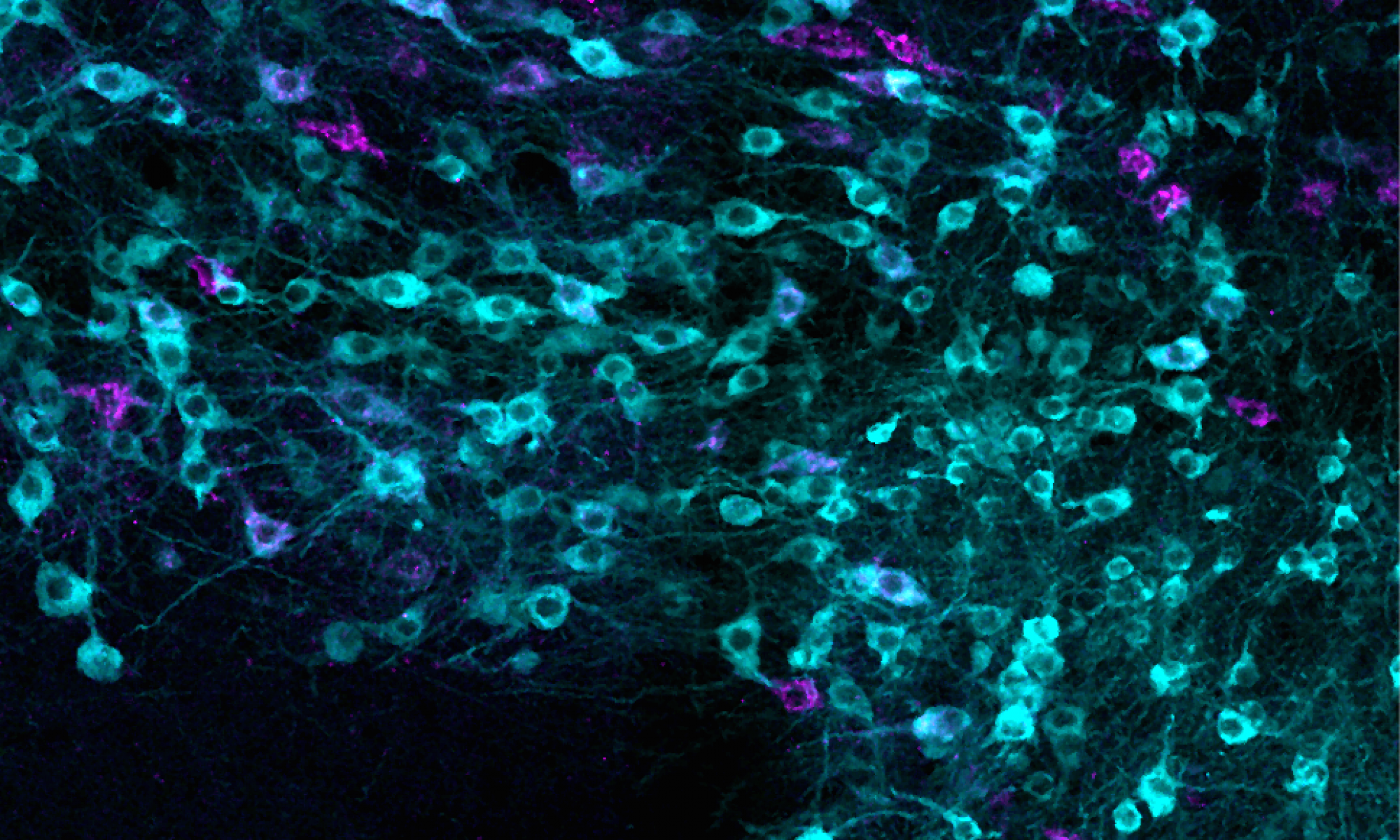Multiple postdoctoral positions are available in the Sober lab, including opportunities to work collaboratively with the other seven groups in the Consortium. Our lab seeks to understand how the nervous system controls skilled behavior by answering two questions:
How are spiking population codes transformed across levels of the motor system,, e.g. from cortical activity to the spikes in muscle fibers?
How are motor codes reshaped during sensorimotor learning on timescales ranging from skill acquisition across development to agile behavioral adjustments in adults?
We use two model systems – vocal motor control in songbirds and skilled forelimb control in rodents – to address these questions. By combining neurophysiology, advanced computational analyses, and the development of novel electrode systems, our published work in songbirds has shown how the brain uses precisely-timed spike patterns to control complex behaviors by exploiting the biomechanics of the body (Sober et al., TINS 2018, Srivastava et al, PNAS 2017, Tang et al., PLoS Biology 2014). This project has recently expanded to include investigations into the neuromuscular control of forelimb behavior in rats and mice, both to reveal common computational strategies for motor codes across species and effector organs and to combine our studies of muscle-based spike activity with advanced techniques for manipulating central and peripheral circuits in rodents.
We anticipate making multiple hires. Depending on the scientific background and interests of each applicant, available projects range from basic science (e.g. experimental and computational studies of spike patterns in neurons and muscle fibers) to more engineering-focused projects focusing on electrode hardware development (using advanced nanofabrication techniques to develop >1,000 channel arrays for recording large populations of spiking motor units from muscles). We therefore seek candidates with one or more of the following areas of expertise:
- Rodent electrophysiology (especially EMG, but also neural recordings)
- Quantitative analysis of animal behavior
- Computational analysis of spiking codes in individual neurons and/or spiking populations
- Developing, fabricating, and testing novel electrode systems and related software tools
Interested candidates should contact soberlab [at] internationalmotorcontrol [dot] org to discuss further. Applicants should submit their CV and contact information for three references to the same address. Positions will remain open until filled. Emory University is an affirmative action/equal opportunity employer.
